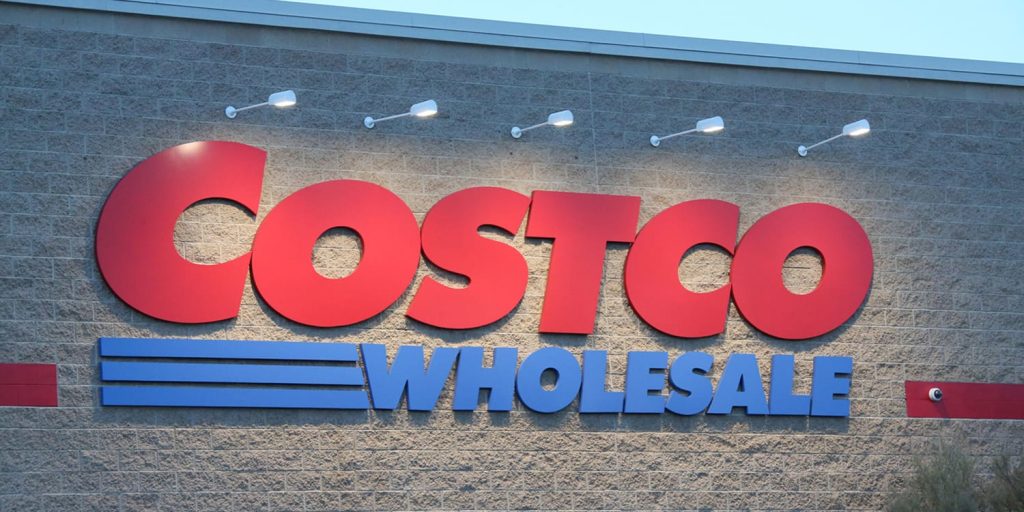
- Costco’s recall of Kirkland Signature butter due to a missing milk allergen label highlights the importance of effective recall management and robust quality control systems.
- Recalls are not limited to food products; similar incidents in other industries, such as toxic holiday quilts at Kmart Australia, underscore the need for stringent quality standards.
- A structured recall management process, including identification, communication, execution, consumer support, root cause analysis, and documentation, minimizes risks and protects both consumers and a company’s reputation.
Costco recently faced a significant recall of its Kirkland Signature butter due to the absence of a milk allergen warning on the label, despite milk being a key ingredient. This incident highlights the potential dangers of overlooking small but crucial quality management details, especially for allergens like milk, which is one of the “Big Eight” common food allergens. While no illnesses were reported, the recall—conducted as a precautionary measure—demonstrates how lapses in quality control can harm customer trust and brand reputation.
Costco’s response to the issue was swift and transparent, showcasing effective recall management. By promptly informing consumers and retailers, the company minimized the potential impact on public health and maintained trust. However, this error serves as a reminder that such situations could often be entirely prevented through stricter quality management, including improved labeling practices and regular audits. Similar challenges in other industries, such as Kmart Australia’s recall of a toxic Christmas-themed quilt, further emphasize the universal need for rigorous quality control measures.
Effective recall management involves several critical steps, including identifying the issue, notifying regulatory agencies, executing the recall, supporting affected consumers, conducting root cause analyses, and documenting all actions taken. These steps help manage the immediate crisis and ensure long-term improvements in quality control processes. Past examples, such as the catastrophic Hallmark/Westland beef recall in 2008 underline the severe financial and reputational consequences of inadequate planning and weak quality controls.
Companies can strengthen their recall preparedness and quality management systems by adopting structured approaches, like the six-step recall management process. Tools like Way We Do can streamline these processes by centralizing policies, automating workflows, and enhancing collaboration. Such measures are vital for mitigating risks, maintaining regulatory compliance, and protecting both consumers and the brand’s reputation during recalls.


Leave a Reply
You must be logged in to post a comment.